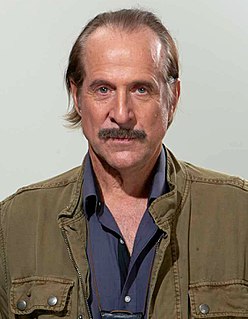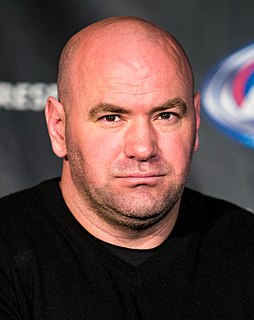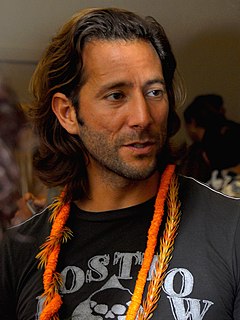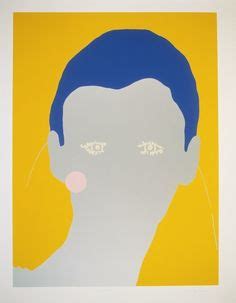A Quote by James Rollins
Whenever I start a novel, I'm always looking for two things: a bit of science that makes me go 'what if?' and a piece of history that ends in a question mark.
Related Quotes
So I do think sometimes the political mechanism is completely disconnected from the people. However, what I will say is that history tells us that whenever things start to move too fast, whenever progress makes people feel a little breathless, one of the go-to spots that government, that the ruling powers that society goes to is to try to repress women.
When I'm not governing my country any more, I'll go back to taking care of children. Or else I'll start studying anthropology - it's a science that's always interested me very much, also in relation to the problem of poverty. Or else I'll go back to studying history - at Oxford I took my degree in history. Or else...I don't know, I'm fascinated by the tribal communities. I might busy myself with them.
We know only a single science, the science of history. History can be contemplated from two sides, it can be divided into the history of nature and the history of mankind. However, the two sides are not to be divided off; as long as men exist the history of nature and the history of men are mutually conditioned.
I think I regard any history in quotes, because just like science, we're constantly revising science, we're constantly revising history. There's no question that various victors throughout history have flat out lied about certain events or written themselves into things, and then you come along and you find out that this disproves that.
Economics is a theoretical science and as such abstains from any judgement of value. It is not its task to tell people what ends they should aim at. It is a science of the means to be applied for attainment of ends chosen, not, to be sure, a science of the choosing of ends. Ultimate decisions, the valuations and the choosing of ends, are beyond the scope of any science. Science never tells a man how he should act; it merely shows how a man must act if he wants to attain definite ends.
Twice two makes four seems to me simply a piece of insolence. Twice two makes four is a pert coxcomb who stands with arms akimbo barring your path and spitting. I admit that twice two makes four is an excellent thing, but if we are to give everything its due, twice two makes five is sometimes a very charming thing too.


































